I am creating an app that will add some files and folders to an existing project which is loaded in Visual studio. That works but it will always pop up a message telling the user (me) to refresh the project to show the new files.
When using Entity Framework and adding a migration it will add a file to a project that is currently loaded and it doesn't ask the user. I would like to be able to do the same thing.
Is this possible? If someone doesn't know the answer do they know how I might delve into EF and add migration to see how they do it?
Here is the code that I am using to edit the project file:
using Microsoft.Build.Evaluation;
internal class ProjectFileHandler
{
private void AddMigrationFolder(Project project, string projectFileLocation, string name)
{
var loc = Path.Combine(projectFileLocation.Substring(0, projectFileLocation.LastIndexOf("\\")), name);
project.AddItem("Folder", loc);
}
internal void AddMigrationFile(string projectfileLocation, string migrationFolderName, string fileLocation)
{
var project = new Project(projectfileLocation);
AddMigrationFolder(project, projectfileLocation, migrationFolderName);
project.AddItem("Compile", fileLocation);
project.Save();
}
}
